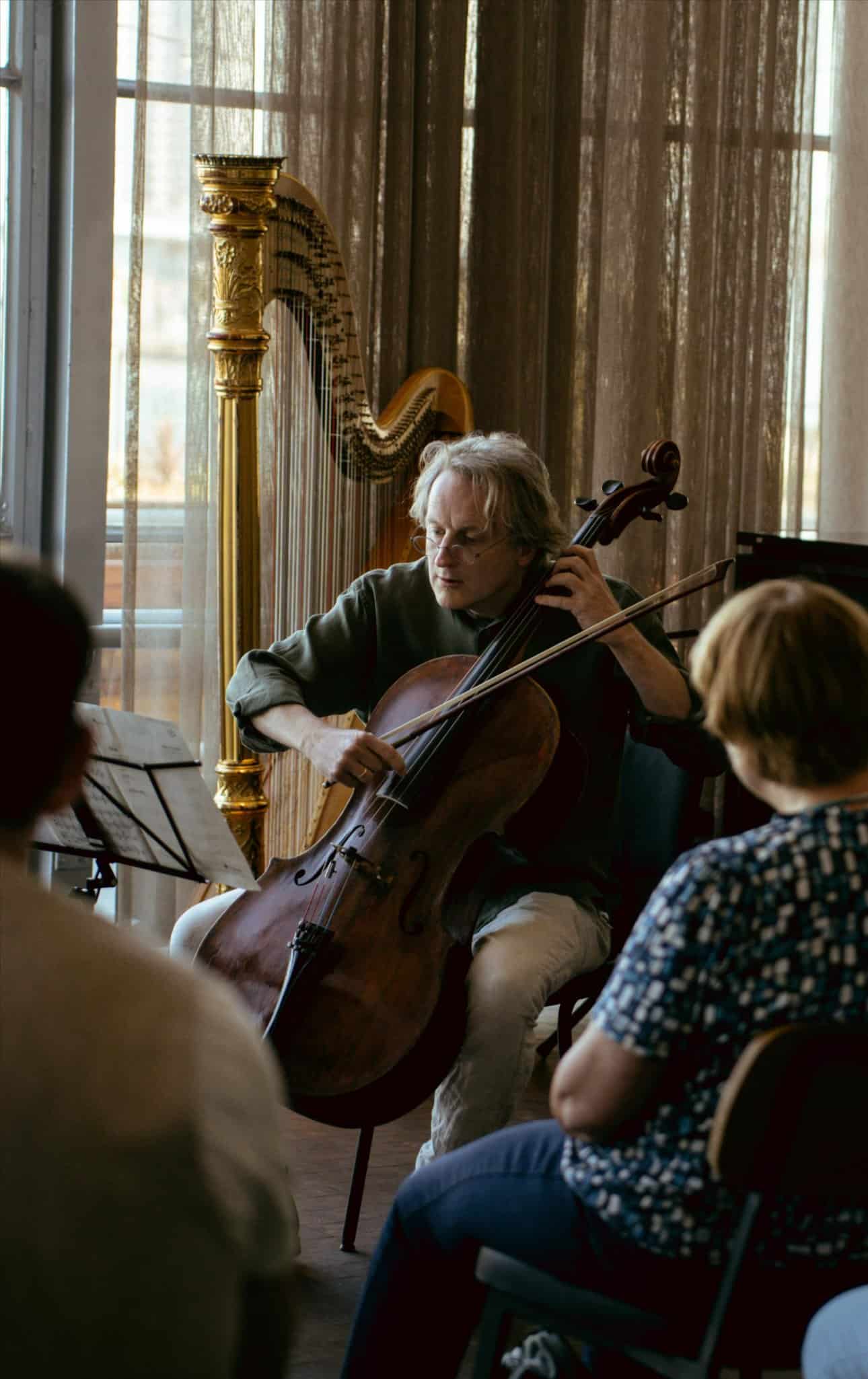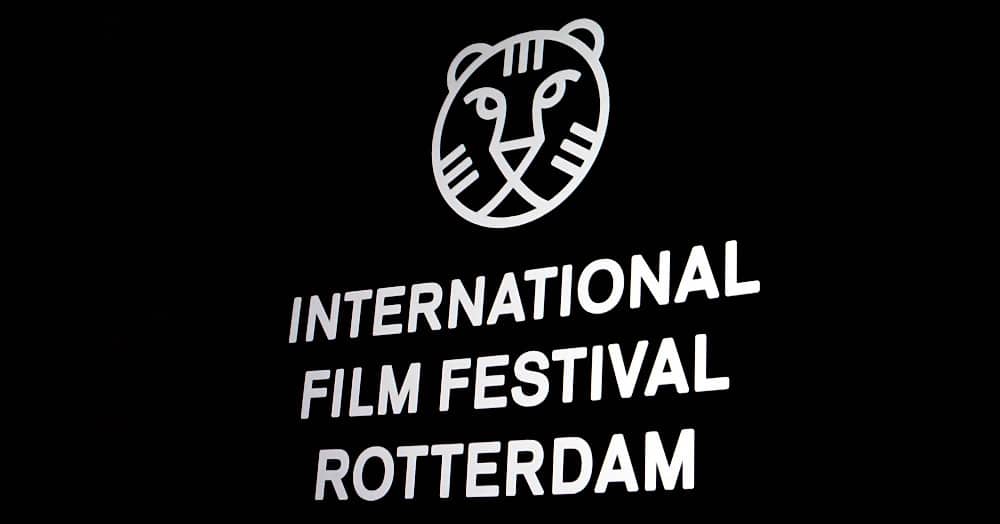ROTTERDAM, 11 December 2024 – Plans are underway to transform the Erasmus MC Campus into a hub for innovative healthcare, medical technology, and entrepreneurship. The project aims to integrate green spaces, sustainable design, and enhanced connectivity within the heart of Rotterdam.
Photo credit: Artist's impression of Erasmus MC Campus developments: The visual concept for the upcoming Erasmus MC Campus has been crafted as part of the Masterplan 2050, updated in 2024. The designs have been developed by Diederendirrix (architecture and urban planning) in collaboration with Juurlink & Geluk (landscape architecture). These impressions provide a glimpse into the planned integration of modern facilities with sustainable and green urban spaces, reflecting the ambitions for the campus to become a central hub for healthcare innovation in Rotterdam.
Erasmus MC campus: a new vision for healthcare and innovation
The Erasmus MC, in collaboration with the municipality of Rotterdam, is advancing plans to establish a vibrant campus dedicated to healthcare innovation, medical technology, and entrepreneurship. The initiative marks a significant step in the revitalisation of the site previously occupied by the Dijkzigt Hospital and the adjacent residential block for nurses on ’s-Gravendijkwal.
The campus, as outlined in the revised Masterplan 2050, will foster collaboration between institutions, businesses, researchers, students, and educators. It will provide opportunities for startups and innovative companies in healthcare and medical technology to thrive. Partnerships with the Erasmus University Rotterdam and TU Delft are expected to play a central role in turning technological knowledge into practical applications.
Phased development for sustainability and flexibility
The project will be developed in phases, beginning with the relocation of the Sophia Children’s Hospital (Erasmus MC Sophia Kinderziekenhuis), the Department of Psychiatry, and various research units to new facilities at ’s-Gravendijkwal. The current buildings, considered outdated, may be repurposed for temporary student housing during this transition.
Future phases will include expansion towards the Westzeedijk and Museumpark areas. A step-by-step approach has been chosen to limit financial risks and ensure adaptability to external market changes. This phased strategy also allows for independent progress at each stage.
Prioritising sustainability and connectivity
The updated Masterplan includes significant emphasis on sustainability and accessibility. Green spaces, rooftop gardens, and sustainable design elements such as solar panels and water retention features will enhance the urban environment. The campus will also be highly accessible, with upgraded pedestrian and cycling routes and improved public transport connections, including a planned high-frequency HOV bus line and the Daniel den Hoed Bridge, which will provide a walking route linking Little C, the Familiehuis Daniel den Hoed, and Erasmus MC.
Economic impact and job creation
As one of Rotterdam’s largest employers with 18,000 staff, Erasmus MC anticipates the campus will generate an additional 2,800 to 5,000 jobs, particularly in research and medical technology. This growth is expected to strengthen ties between the medical centre, the business community, and educational institutions, reinforcing the economic and social fabric of Rotterdam.
Addressing future needs in healthcare and research
Dirk Schraven, member of the Erasmus MC Executive Board, emphasised the importance of the campus in addressing future healthcare challenges. “We aim to develop a sustainable medical and technological campus in the heart of the city, surrounded by green spaces. The proximity of partners and stakeholders is essential for fostering innovation in healthcare,” he stated.
Deputy Mayor Chantal Zeegers highlighted the potential for the campus to integrate more deeply into the city. “The new campus will offer inviting entrances from all directions, within a green environment, with easily accessible cycling and walking paths,” she remarked.










